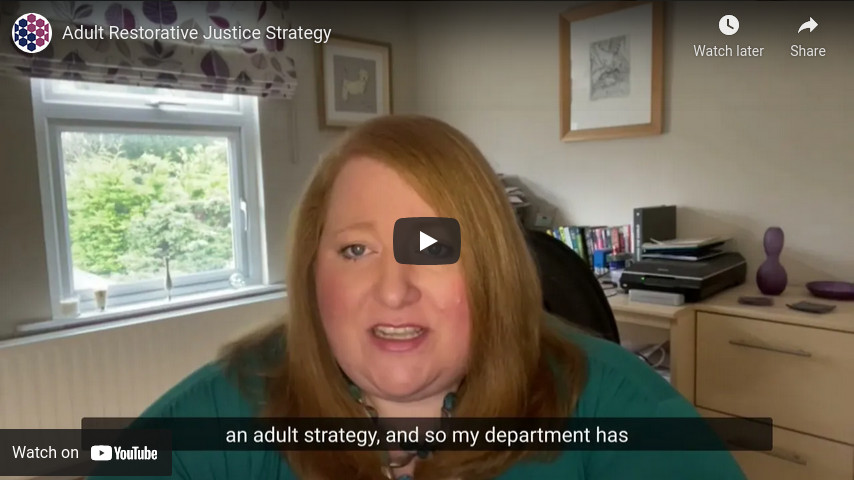Northern Ireland launches first-ever adult restorative justice strategy

Northern Ireland’s first-ever adult restorative justice strategy has been launched.
The strategy, which runs from 2022-2027 and was developed in conjunction with statutory, voluntary and community sector partners, aims to better meet the needs of, and provide redress for the harm caused to victims of crime, and to provide a positive alternative to traditional justice responses when offending occurs.
Launching the strategy, justice minister Naomi Long said: “The use of restorative approaches in our youth justice system in Northern Ireland has long been a great success, but there has been no overarching strategic approach for its use in the adult system until now. A public consultation held in 2020 showed there was considerable support for the development of an adult strategy and my Department has now delivered on this.
“Our vision is that the use of restorative justice becomes second nature across the criminal justice system. We know from experience both here and elsewhere that when delivered professionally and sensitively, the restorative approach can bring significant benefits for the victim of crime, for individuals who have offended, and for families and communities.”
Alongside the strategy, a multi-year action plan for implementation of the key priorities identified through the consultation process has also been developed.
Mrs Long said: “The strategy and accompanying action plan provide an opportunity for the development and implementation of restorative approaches across the whole of the justice system, including its incorporation into formal court sanctions. Victim Support NI will be working with us to look at developing victim-initiated pathways to promote and encourage victims’ engagement in the process.”
Work to deliver on the strategy will also incorporate a number of recommendations made by two judge-led reviews: Judge Marrinan’s review on hate crime legislation and Sir John Gillen’s review of the law and procedures in serious sexual offences in Northern Ireland, both of which proposed that the use of restorative justice should be explored to improve outcomes for victims of such crimes.







